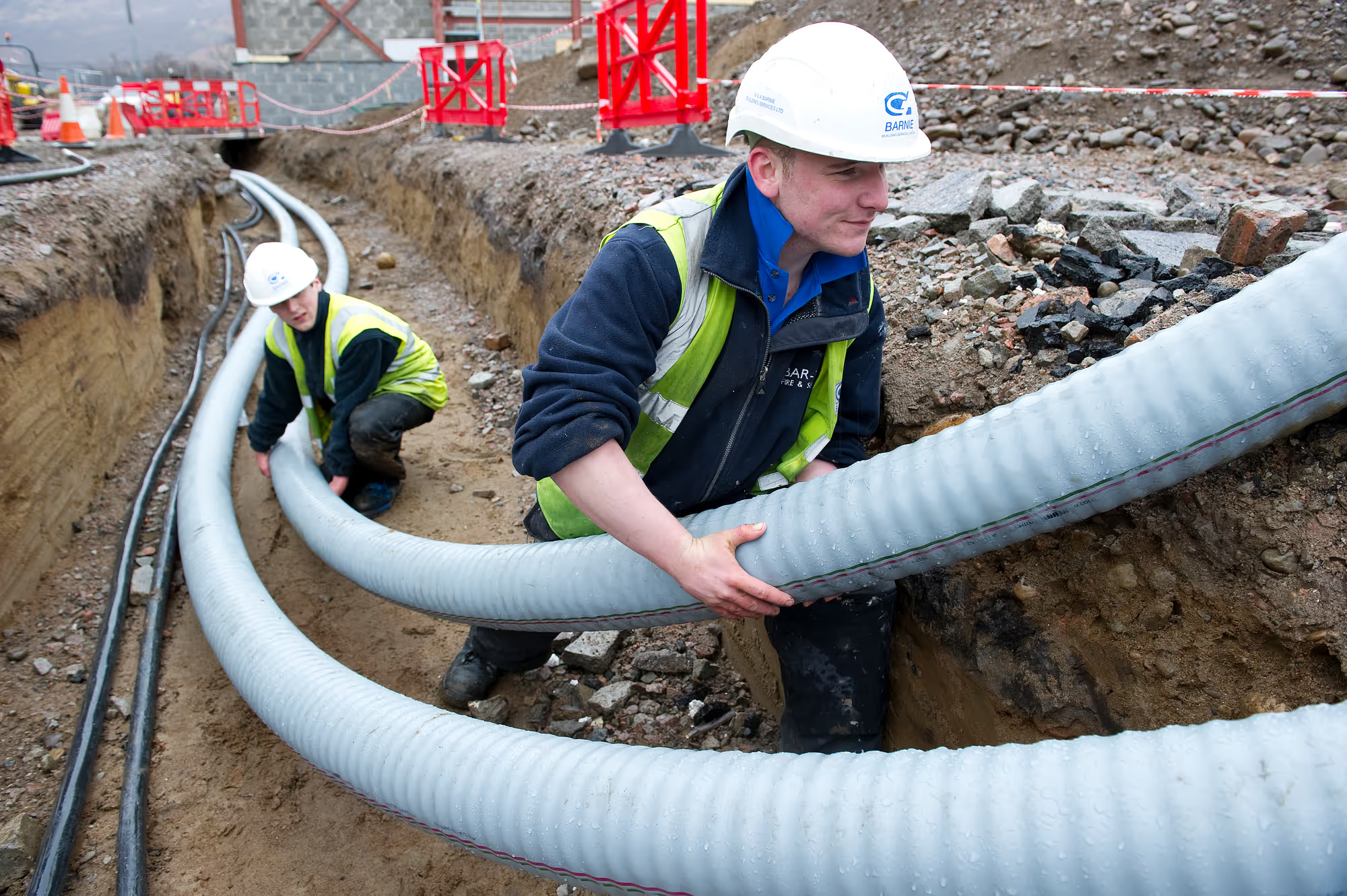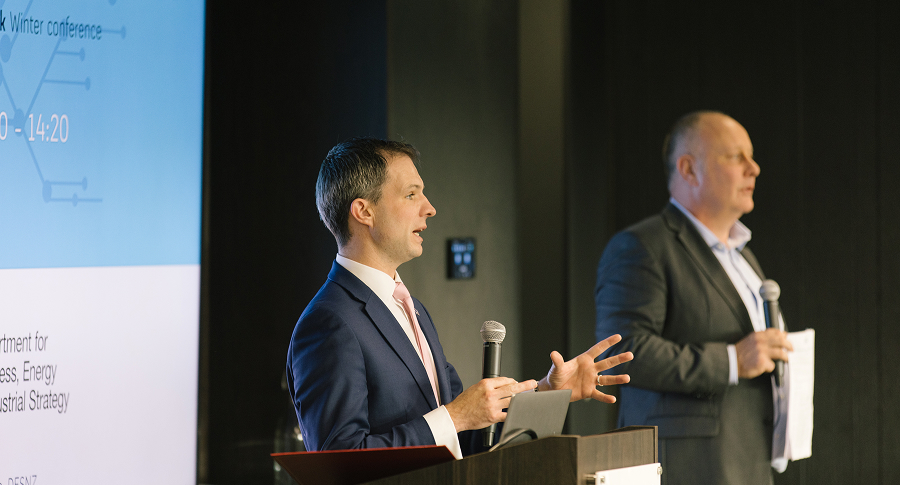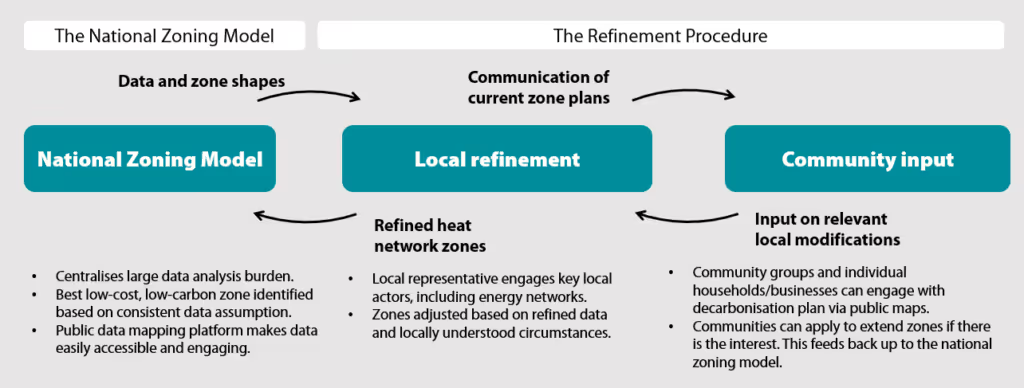Regen has responded to the latest round of the UK government's consultation on heat network zoning, highlighting two key improvements to focus on.

Regen has responded to the latest round of the UK government's consultation on heat network zoning, highlighting two key improvements to focus on.

It's widely accepted that heat networks will play a vital role in reaching net zero. The Climate Change Committee sees as much as 20% of the UK's total building heating demand being met by heat networks by 2050, yet currently this figure sits at just 3%. Heat networks should be at the core of plans for decarbonised urban areas and areas beyond, as they do successfully in countries such as Denmark.
Heat network zoning, and this consultation in particular, looks to accelerate the rate of heat network deployment by identifying zones where they are expected to offer the lowest-cost, lowest-carbon option for decarbonising heat. Within these zones, a special policy framework will be established, requiring certain specified building types to connect, including:
The heat network zoning process has already been through a round of consultation to establish views on the broad principles of the policy as a whole; this consultation zooms in on the role of central and local government, zone identification, requirements in zones, and zone delivery. In particular, the consultation looks at two key roles that will be established to govern the zoning process:
Our response focuses on the implementation and responsibilities of these roles, as well as more generally the requirements of the methodology proposed for zoning.
The approach to heat network zoning laid out in this consultation is a positive step forwards for the local decarbonisation of heat and could open up a host of new heat network opportunities for local authorities and local actors. There is inherent value in a local zoning approach to heat decarbonisation, particularly in terms of promoting economies of scale and supporting individual decision making; our Local Delivery of Clean Heat paper delves further into the detail of these benefits.
The zoning methodology laid out can also work to align key actors, including networks, local authorities and community organisations, on defined decarbonisation pathways and reduce the burden on overstretched local authorities. However, two areas that we raised in our response were:
We are keen to see a clearer role for community engagement and a greater emphasis on 'bottom-up' input in zone creation. Stronger engagement could play two important roles:

There is currently no consistent framework under which decarbonisation goals are translated into local action. It's important to coordinate this zoning approach with these other major changes in order to avoid replication of data collection or the overlapping of policy.
The methodologies and processes established from this consultation should intersect and complement other local area plans and frameworks that already exist or are in development, such as Local Plans, Local Area Energy Plans, the establishment of the Regional Energy Strategic Planners and other changes such as those to building regulations or the Energy Company Obligation scheme.
To support this consultation response, we sought views from Bristol City Council, Plymouth City Council and Bournemouth, Christchurch and Poole Council, as well as Bristol Energy Network. All groups, including ourselves, were supportive of the zoning approach, and there was agreement that it will be a crucial framework to enable the economies of scale required to meet government's ambitious heat network deployment targets.
Sign up to receive our monthly newsletter containing industry insights, our latest research and upcoming events.